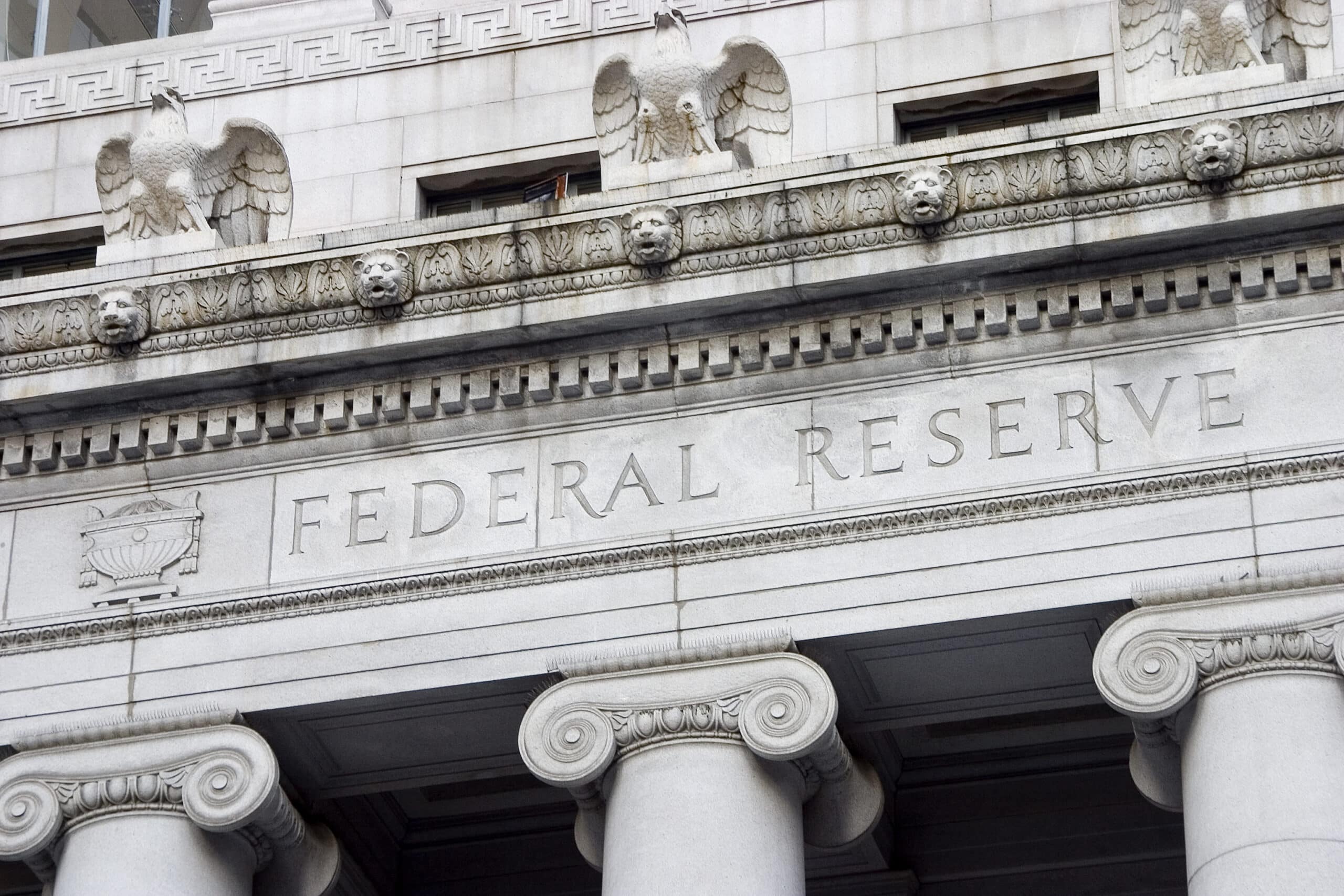CFPB keen on creating new auto lending data set
The Bureau will work with the industry and other agencies
The Consumer Financial Protection Bureau (CFPB) is looking to build a new auto lending data set to allow for “a more robust understanding” of the growing market, which is estimated to surpass student lending outstandings in the first half of 2023, according to a Nov. 17 CFPB blog post. The dataset may include, for example, […]

Already subscribed? Log in
















